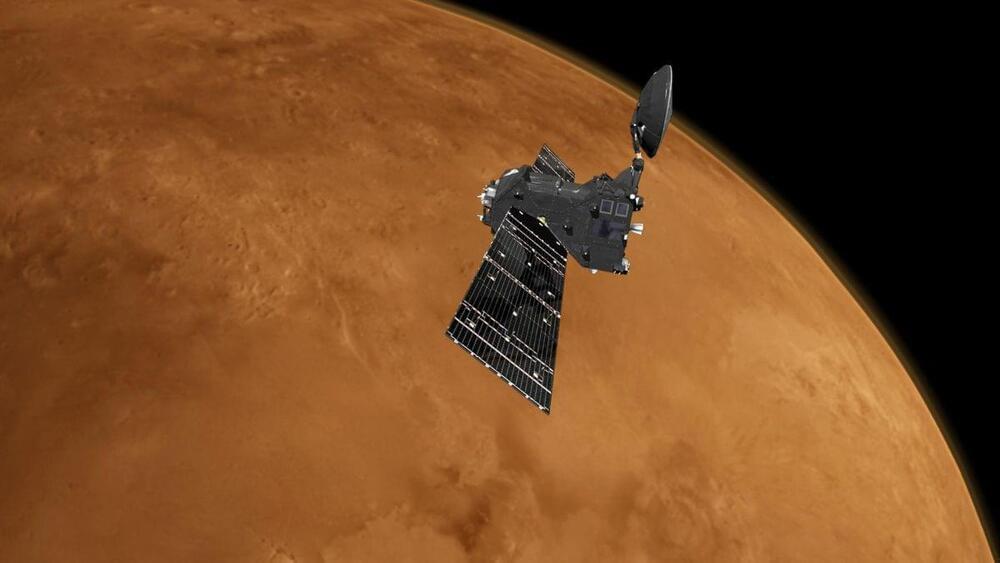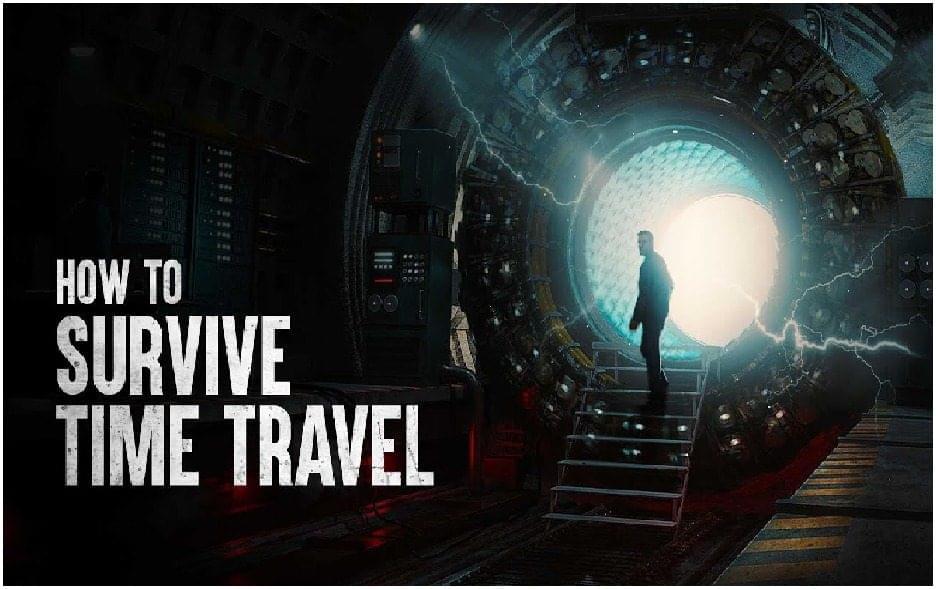WHEN OLIVER TSCHAUNER AND COLLEAGUES dusted off a sample of volcano-ejected diamond found in a South African mine, they had no idea that they were holding the first-ever natural sample of a new high-pressure mineral from deep within Earth.
While minuscule, researchers predict that this mineral is responsible for the movement of crucial components like rare earth metals and radioactive isotopes through the Earth’s mantle. To figure this out, the team turned to X-ray beams and lasers.
Using x-rays and lasers, scientists have analyzed the second-ever high-pressure mineral extracted from the earth’s lower mantle.






